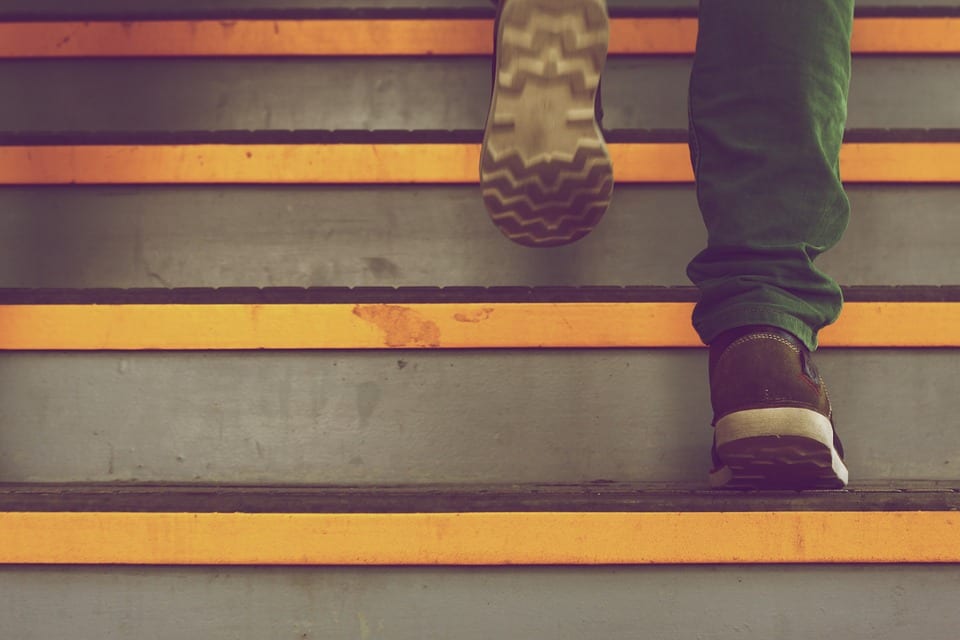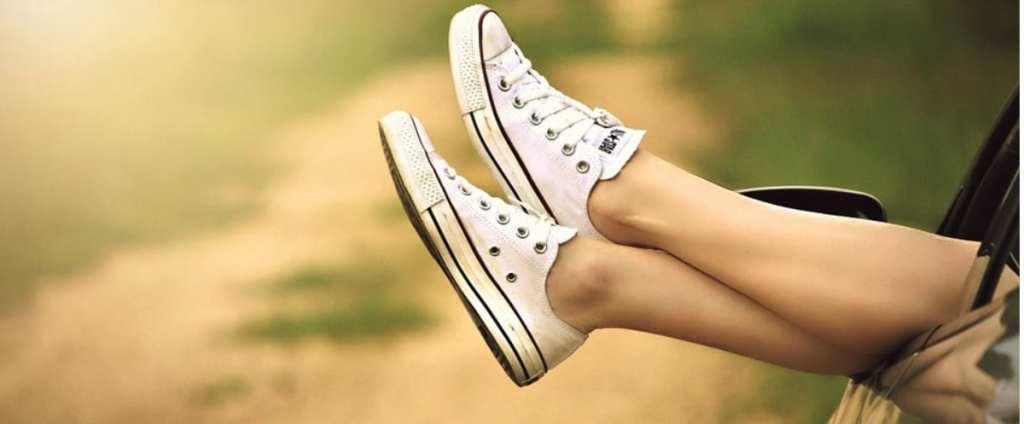In many world cultures, taking off one’s shoes when entering a house is a common custom. It’s not as widespread in the West, but after you read this article, you’re probably going to be inspired to make it a habit in your house.
Because bacteria, y’all. Lots of it.
A recent University of Arizona study found an average of 421,000 different bacteria growing on shoes – with 96% of them harboring fecal matter.
“Our study also indicated that bacteria can be tracked by shoes over a long distance into your home or personal space after the shoes were contaminated with bacteria.”

Photo Credit: Pixabay
Yeah. Poop.
Also, 27% of the shoes contained E. coli and seven other finds of nasty little bugs, including ones that cause UTI’s and respiratory infections.
Kelly Reynolds, Ph.D., a microbiologist who was involved in the study, explains why.
“We walk through things like bird droppings, dog waste and germs on public restroom floors, all of which are sources for E. coli.”
The study went on to see how much of this nastiness was spread onto our floors at home when we fail to take off our shoes, and the answer is between 90%-99%.

Photo Credit: Pixabay
Translation: if you wear your shoes in the house then there’s poop on your floors, for sure. According to Dr. Charles Gerba, another contributing in the study:
“The common occurrence of coliform and E. coli bacteria on the outside of the shoes indicates frequent contact with fecal material, which most likely originates from floors in public restrooms or contact with animal fecal material outdoors. Our study also indicated that bacteria can be tracked by shoes over a long distance into your home or personal space after the shoes were contaminated with bacteria.”
Public bathrooms are the most likely culprits, as they’ve been found to contain two million bacteria per square inch, and the average toilet seat harboring 50 per square inch.
The bacteria C. diff is a public health threat, as it is resistant to many antibiotics, and was found on about 39% of people’s shoes. Yikes.
Bacteria isn’t the only concern, either – toxins can also be found on the soles of yours shoes and therefore transfer to your floors. They present different threats, like potential cancer risks, as a study out of Baylor University found. In their case, people who lived near asphalt roads sealed with coal tar presented an increased risk of cancer from the toxins tracked into their homes.

Photo Credit: Pixabay
Dr. Reynolds explained, “Think about rain water in the street. It can have gasoline in it and chemicals, and those get on your shoes and can be brought into your home.”
The risks go up the longer you live near dangerous toxins and with the number of times they transfer to your floors, of course, but washing your shoes and floors regularly with steam and hot water greatly reduces the contamination rates.
The bottom line, though, is that you’re not going to keep your shoes bacteria free, so you’ll want to get in the habit of leaving them at the door so your floors, at least, stay poo-free.
Unless you have a baby or toddler. I can’t help you with that.






